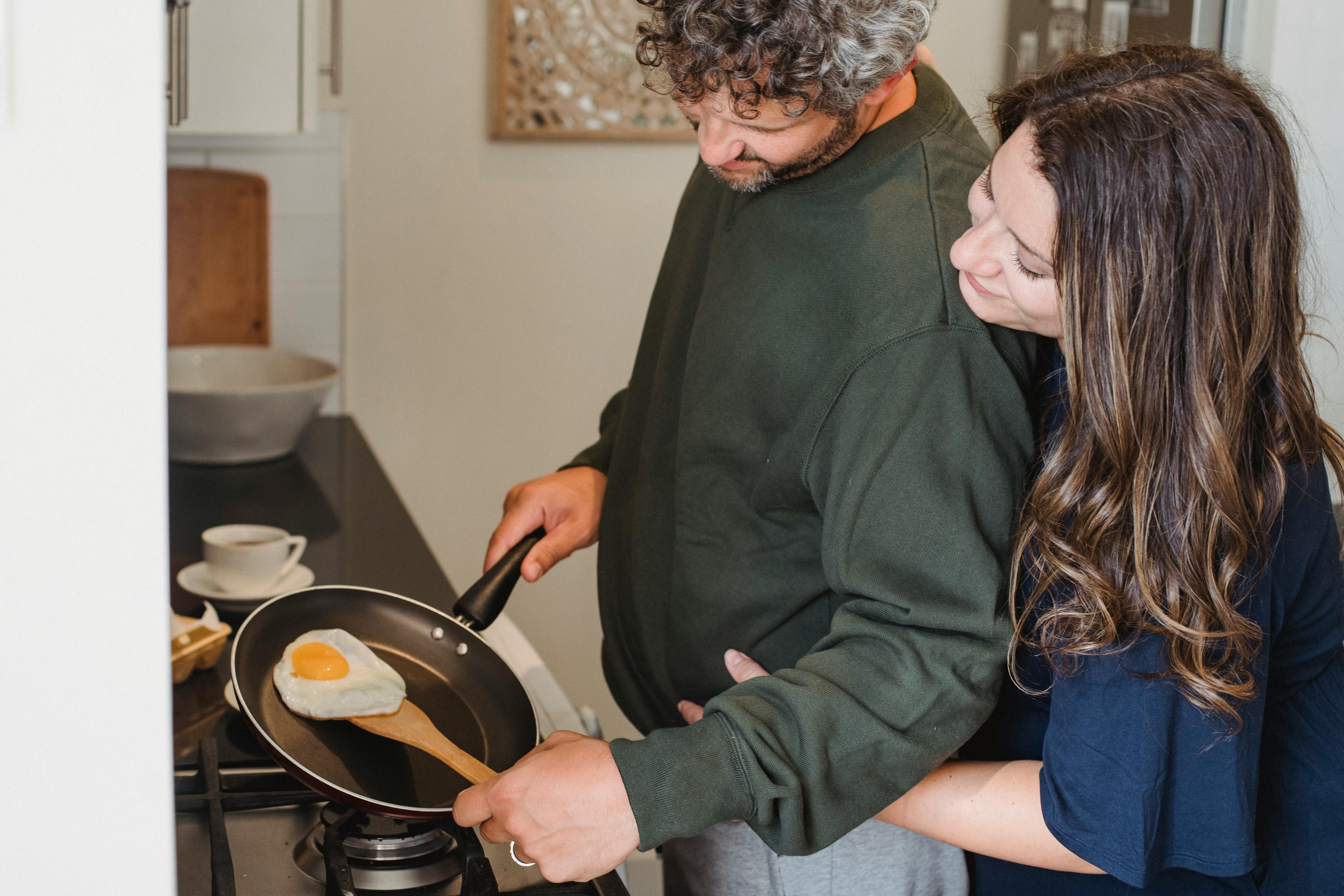Rising children. It can be the hardest job in the world, and yet it can also be the most rewarding. Would you like there to be a set of rules to follow, at least guidelines? We want to do the best for our children, we want them to have and be all they can. Making decisions when it comes to parenting and discipline can be very difficult. How do we want to discipline our children and what is the best way?
The way we are parents is often a direct result of how we were raised. When I was young and strong-headed, I swore I would never raise my kids like this! And yet, as I get older, I often find myself saying or doing something in exactly the same way that my parents said or did to me. I catch myself doing it and it makes me smile. Do you find yourself doing this too?
When it comes to parenting and discipline, there are a few different approaches / techniques that we can consider.
Authoritarian parenting – This is when we rule with an iron fist. It’s about controlling our children. Some of the harsher (violent) techniques used in this approach are spanking, hitting, yelling, blaming, blaming, humiliating, criticizing, etc. Children learn to listen out of absolute fear of what will happen when they don’t.
Punishments and rewards – Although this is a less violent method, it still relies on fear, to achieve the desired result. Children are punished with the elimination of privileges, time-outs, withdrawal of love and guilt; or rewards that can include money, extra privileges, new toys, and the like.
Studies have shown that these two methods are quite harmful to children because it hurts them emotionally, ruins their self-esteem and confidence, while eliminating any sense of power or control over their own life and actions.
Permissive parenting – This is at the other end of the scale. Parents do not feel in control and will do so by trying to persuade the child, bribing, pleading, and negotiating with the child. In this approach to parenting, it is the parents who feel bewildered and have lost their own sense of personal power.
This method can also be harmful to the child. Often in this situation, the child’s needs are not met. Believe it or not, all children need rules and routines to function at their best.
Democratic upbringing – As the name suggests, this is more of a victory, a victory for parents and children. This approach to parenting is where there is a level of trust and respect for others. Children are included in the process. This method comes from a place of love. The rules and routines are still in force, but children are not controlled with scare tactics. Discipline is used as it should be, to train the child. It allows the child to grow and gain self-esteem, confidence and power while respecting what the parents ask of him.
This method reduces conflict and stress for both parent and child because it is based on connection.
If the democratic parenting approach is not how you were raised, you may find it difficult at first to grasp the idea, but after a while implementing this method, you will see how much less stress is involved and you will notice a great improvement. throughout the process. You will enjoy raising your child and you will both be happier about it.
To learn more about parenting and discipline, visit my website and enroll in my mini-course titled “Raising Happy Children.”










